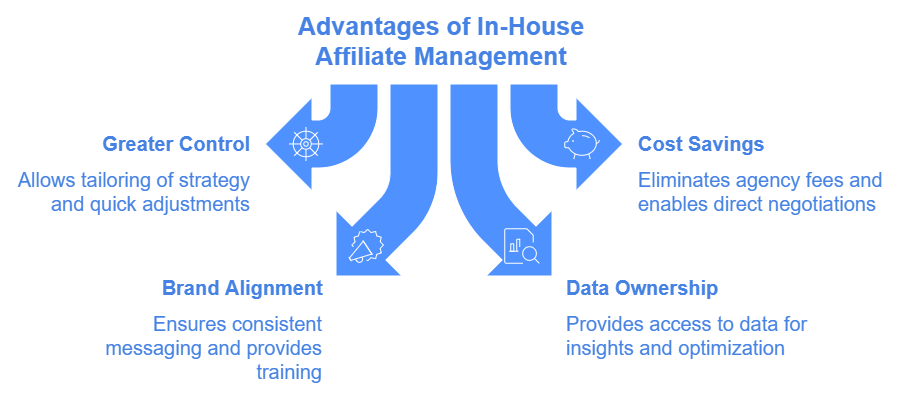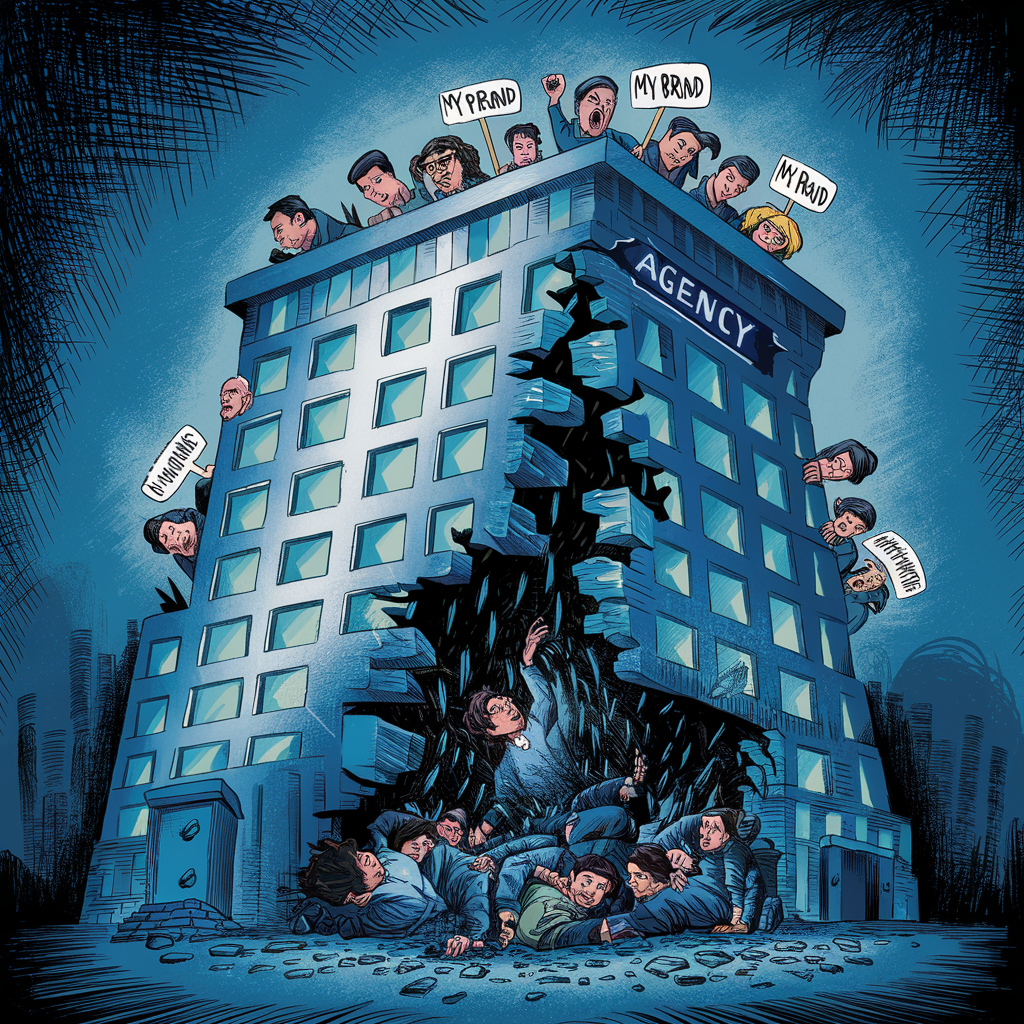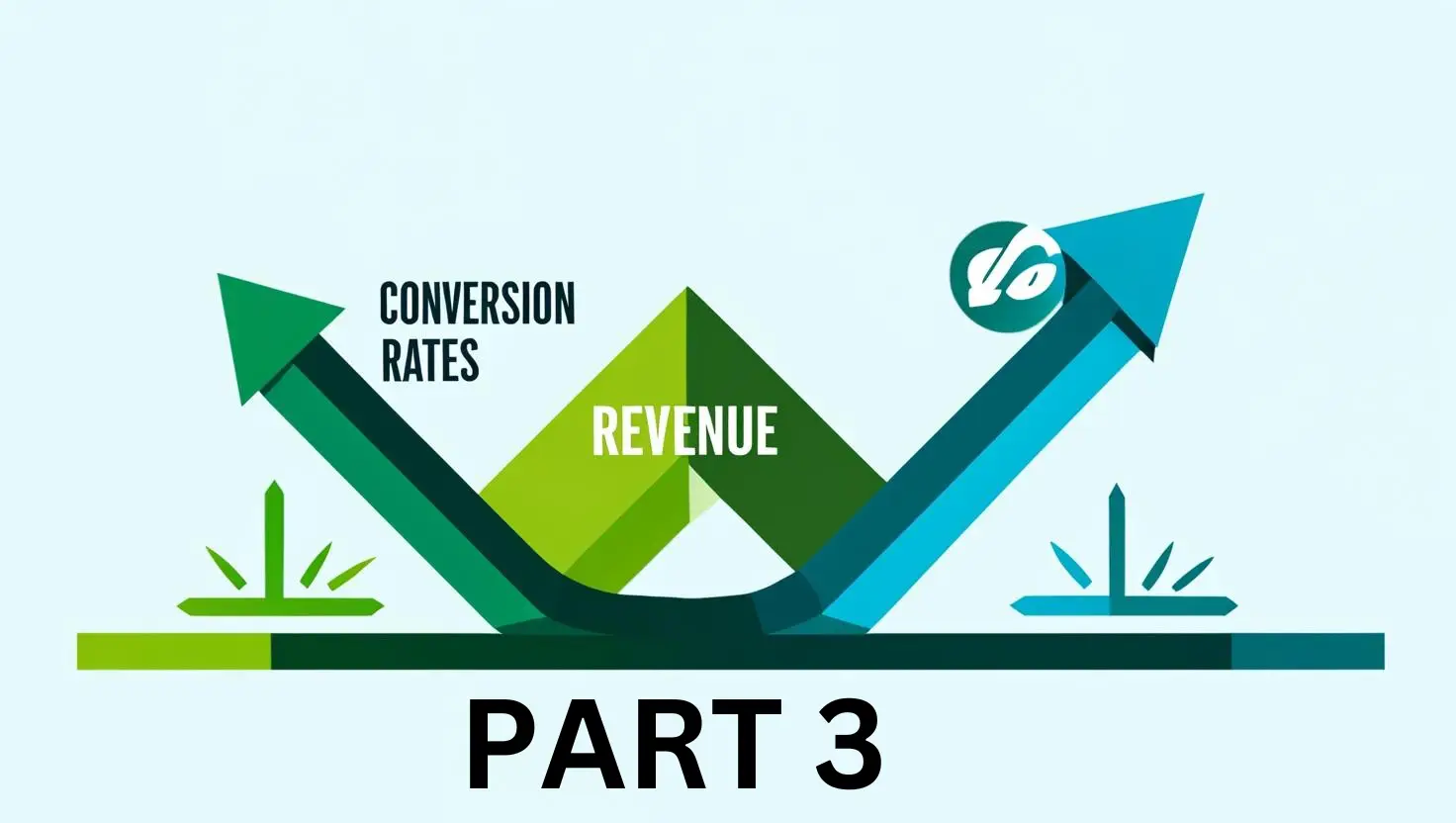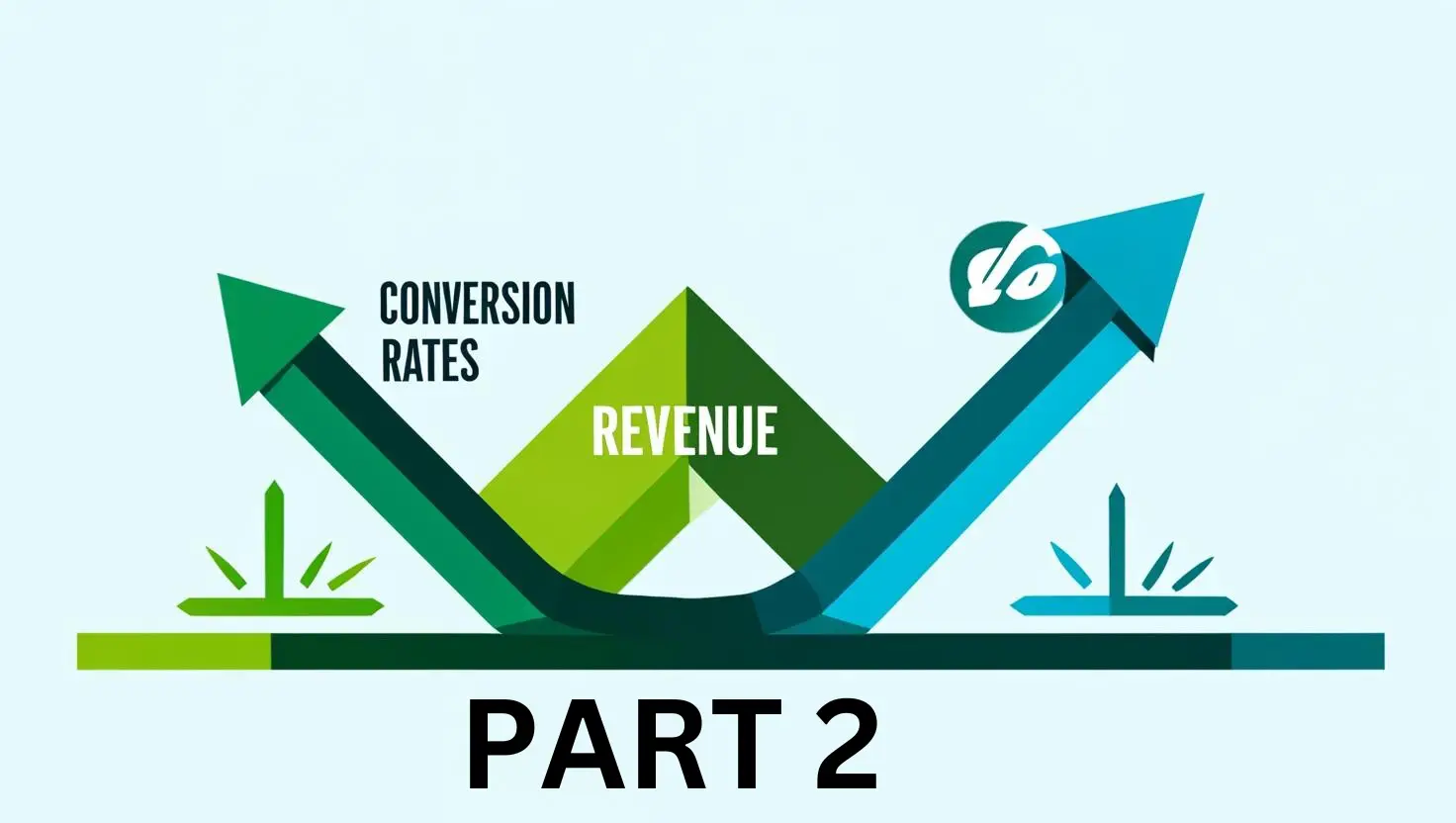Summary (TL;DR):
Managing an affiliate program in-house offers brands greater control, cost savings, and stronger relationships with affiliates. Unlike agencies, which may juggle multiple clients and lack deep brand knowledge, in-house management allows for tailored strategies, quick decision-making, and consistent brand alignment. Brands avoid agency fees and can negotiate directly with affiliates for better terms. Data ownership enables deeper insights and optimization, while direct communication fosters loyalty among affiliates. While in-house management requires significant resources and expertise, it provides the flexibility and dedication necessary to align the program with business goals, offering a strong foundation for sustainable growth.
Key Takeaways:
- Greater Control – Brands can directly oversee strategy, execution, and program adjustments, ensuring alignment with business objectives.
- Cost Savings – Eliminates agency fees and allows direct negotiations with affiliates for better terms.
- Brand Alignment – Ensures consistent messaging and offers affiliates tailored training and support to represent the brand effectively.
- Data Ownership – Full access to performance data enables better analysis and faster optimization of strategies.
- Stronger Relationships – Direct communication with affiliates fosters loyalty and cooperation, building long-term partnerships.
- Challenges – In-house management demands significant resources, expertise, and infrastructure, requiring careful assessment of organizational capabilities.
Having been on all sides of the performance marketing ecosystem, we understand a variety of perspectives when it comes to managing a successful affiliate program.
While it takes a knowledgeable and dedicated person to run an affiliate program, there are many benefits to overseeing a partner program in-house versus hiring an outside agency.
Sure, agencies have years of collective knowledge and expertise, but they often have overworked staffers that are responsible for 5 to 10 programs. That means you are just one of many clients that your agency point of contact has to manage. Your brand will likely get a weekly or every other week report and phone call to review data and discuss status/updates. And while most agency employees are hardworking and care about your success, they often don’t have the necessary time or brand knowledge (like you do) to devote to your brand and make decisions quickly without your brand’s approval.
Moreover, some agencies have an internal system for rating the proriety of clients. The largest revenue generating programs get the most attention and resources. If your program is not desingnated as a top-tier client, you may have junior-level account executives overseeing your program.
Additionally, there is often turnover at agencies that you have no control over. That means you may be required to get new agency employees re-assigned to your account up to speed on your brand and objectives, which can often delay initiatives.
Although there are times when going with an agency might be the right decision, there are big advantages to running an affiliate program in-house.

Greater Control
- Strategy and Execution: You have complete control over your affiliate marketing strategy and its execution. This allows you to tailor the program to align perfectly with your brand's goals and objectives.
- Flexibility: You can quickly make adjustments to commission structures, promotional methods, and other elements of the program without needing to go through an intermediary.
Cost Savings
- No Agency Fees: By running the program in-house, you avoid the monthly fees charged by agencies, which can be significant. Additionally, some agencies receive a percentage of overall affiliate sales or a bonus for hitting target performance goals.
- Direct Negotiations: You can negotiate directly with affiliates, potentially securing better deals and more favorable terms.
Brand Alignment
- Consistent Messaging: You can ensure that the affiliates are consistently using the correct branding and messaging, maintaining a cohesive brand image across all affiliate channels.
- Training and Support: You can provide affiliates with direct training and support, ensuring they are well-versed in your brand’s values and products.
Data Ownership and Analysis
- Access to Data: You have direct access to all performance data, allowing for in-depth analysis and more informed decision-making.
- Insights and Optimization: With full data ownership, you can quickly identify what works and what doesn’t, optimizing the program for better results.
Closer Affiliate Relationships
- Direct Communication: Building direct relationships with affiliates can lead to better cooperation and more loyalty. Affiliates may feel more valued and invested in the success of your program.
Running an affiliate program in-house provides greater control, potential cost savings, and the ability to build closer relationships with affiliates. However, it also requires significant resources, expertise, and a robust infrastructure to manage effectively. Businesses need to weigh these benefits and challenges carefully to determine if managing the program in-house aligns with their capabilities and strategic goals.


